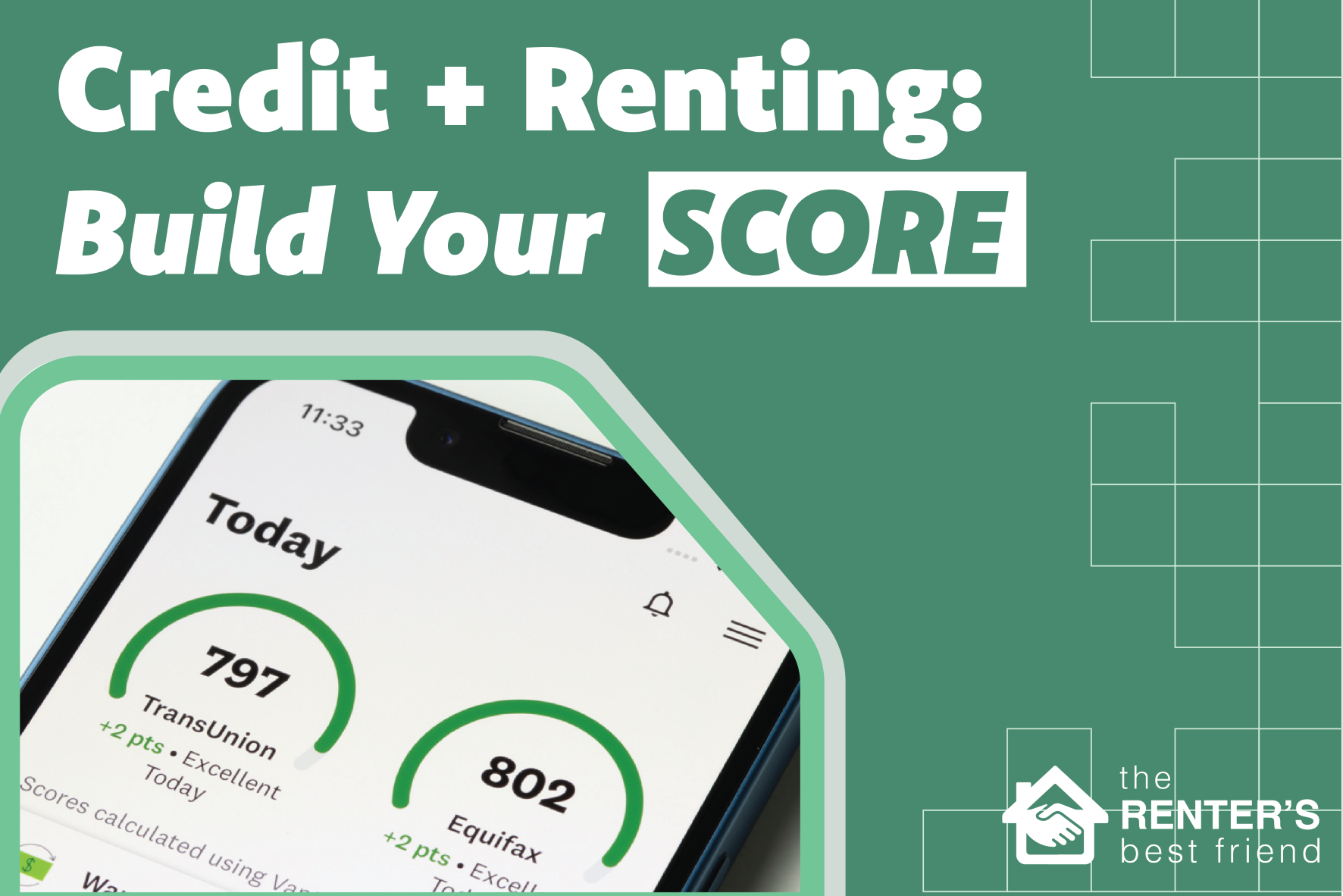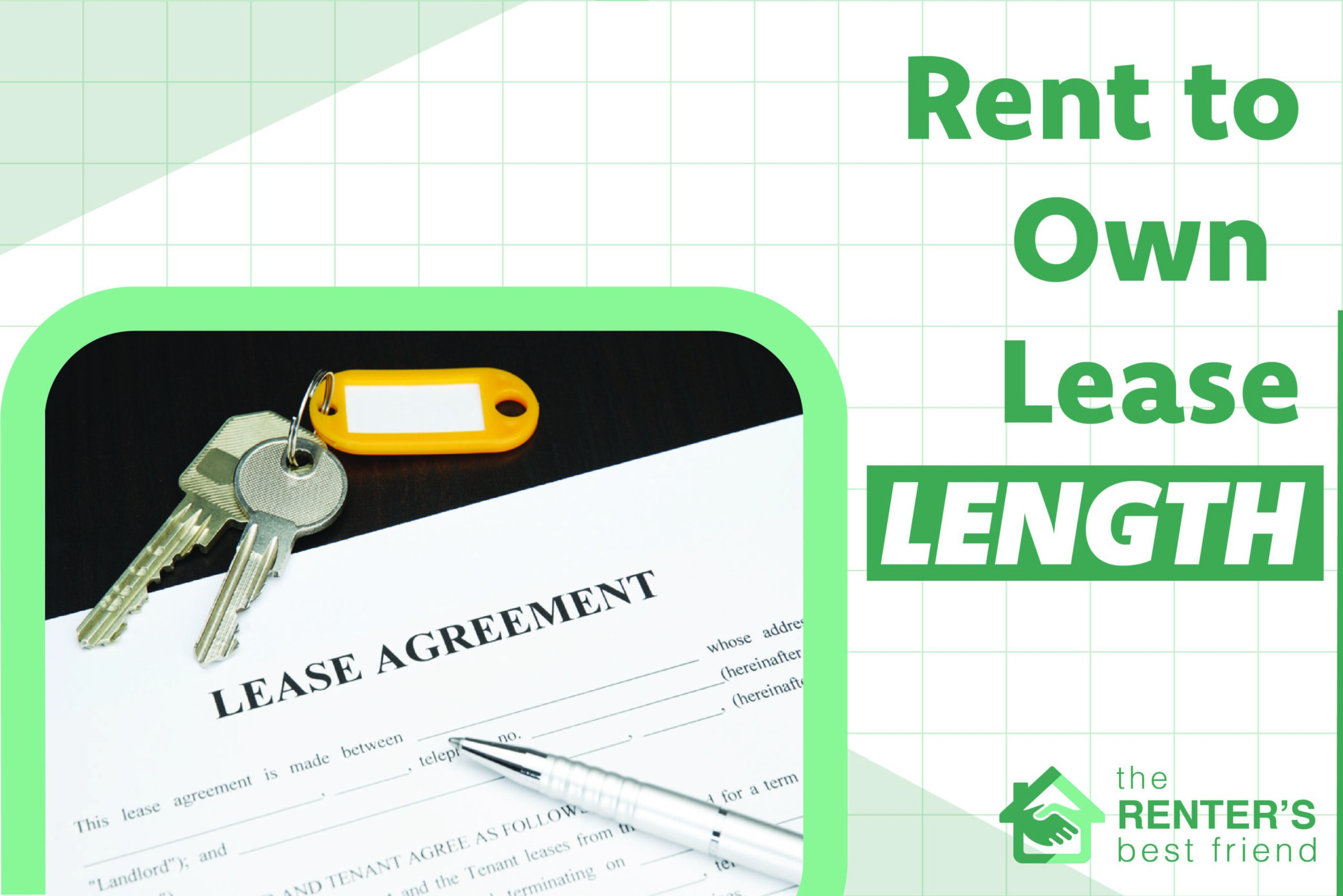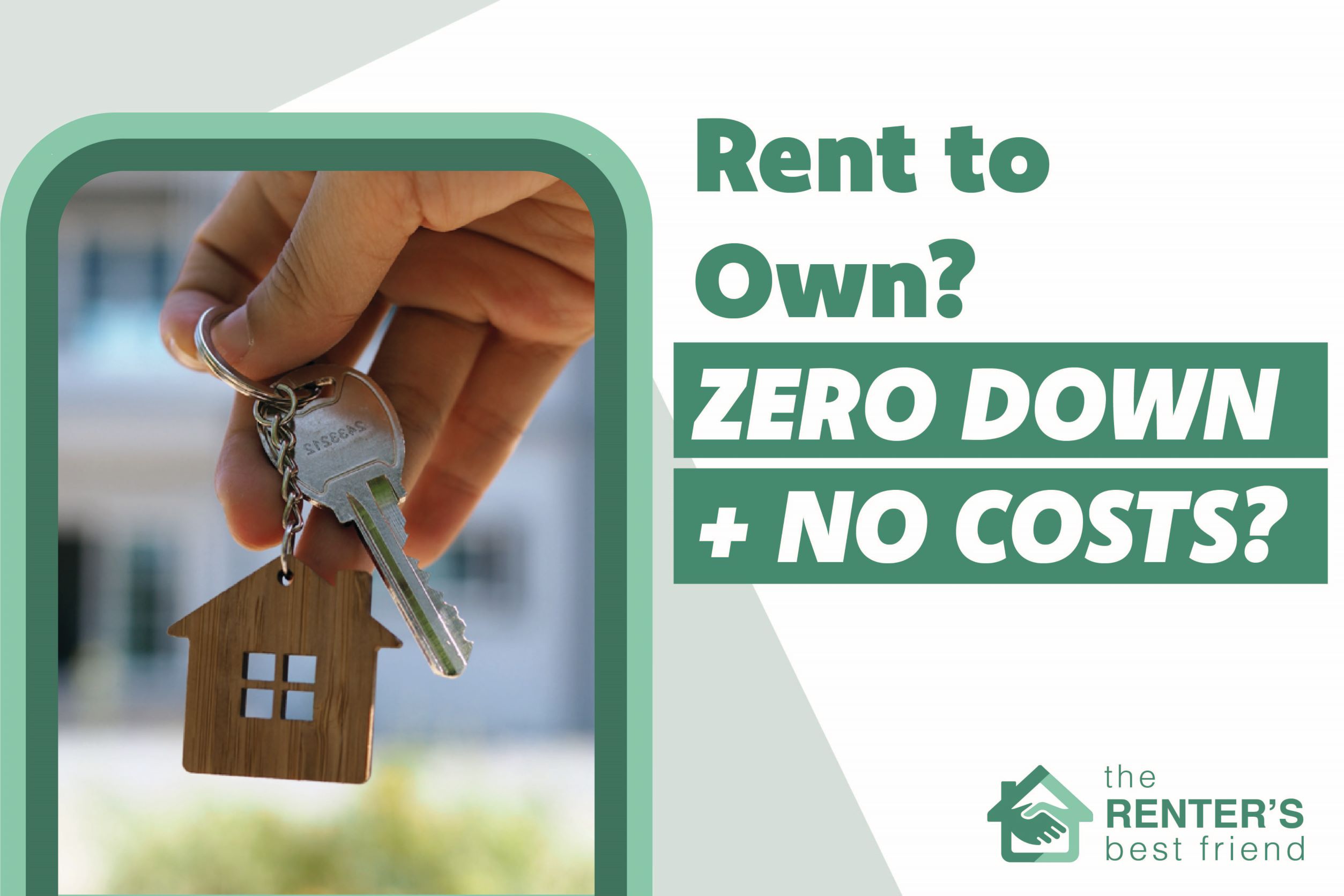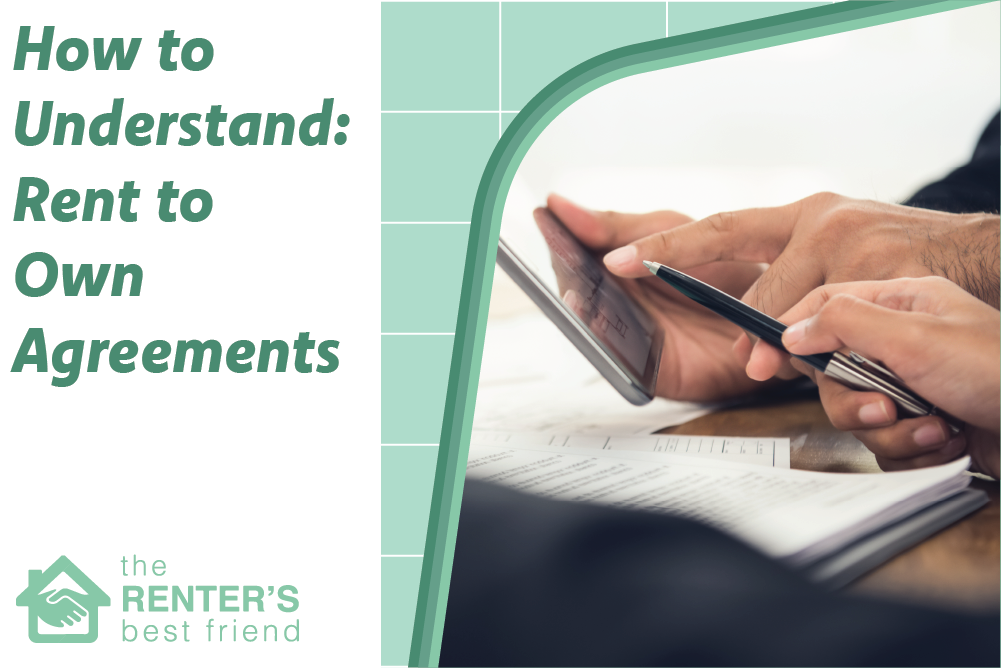You’ve been dreaming of owning your own home for a while now, and you finally have the means to do it. You’ve found the perfect rent-to-own house, but there’s just one problem: your credit is less than stellar.
If your credit score is below 620, you may be worried that this means there’s no way you’ll ever be able to finance a rent-to-own home purchase. Fortunately, there are some things you can do to improve your credit score and make yourself more eligible for rent-to-own homes.
Wait– do you know your current credit score? That’s a critical part of this process. If you haven’t checked in a while, click here so you can move forward with confidence.
If you want to try to improve your credit yourself (even though it can be time-consuming and challenging), below are some tips for doing just that. But first:
If you happen to know that your credit could use a little help, and you don’t want the extra work of handling this yourself we’ve got you covered– just click here to learn more about our trusted credit repair services.
Improve Your Credit Score and Get a Rent to Own Home
Something to consider is that you can check to see if you qualify for a rent to own any time– and you might be pleasantly surprised at the results. Click here to start the simple qualification process for your rent to own home.
1) Make sure all of your accounts are in good standing. If any of them have been in collections, attempt to get them removed from your report as soon as possible. Any account in collections is a serious mark against you when it comes to your credit score. When a collector is satisfied with a payment plan or fully paying off the amount you owe, they will stop reporting the account and this will help your score immensely. Contact the company that reported the debt or dispute it with the credit bureaus.
2) If you do not have a credit card, open up an account with a low-interest rate. This will allow you to build good spending habits when it comes to credit, like living within your credit limit and making payments on time.
3) Keep your revolving credit card balances low—ideally less than 30% of the available limit on each card. If you have multiple cards, try keeping them all at this level. This will show that you are responsible with your credit and help your credit utilization stay low.
4) Ask for a high credit limit. If you have gotten a promotion or pay raise recently, ask for a higher credit limit with your credit card company. If your limit goes up and your balance stays the same, the effect is almost instant. Your credit utilization will lower and possibly boost your score.
5) Dispute any errors on your credit report. If there is a mistake made by one of the bureaus that keep a record of your credit history, it could be significantly pulling down your score. These errors could be payments accidentally marked late, a different person’s credit activity that got attached to yours, or old information that is still listed.
6) Ask your current landlord or property management company to report to the credit bureaus. You may be missing out on boosting your score because a landlord is not legally required to report your rental payment history to the credit bureaus. If you have a positive rental payment history and want that added to your credit profile, you can talk to your landlord or use a service to file the report yourself.
The key takeaway is that prospective tenants for rent-to-own homes need to realize that there are several factors that can elevate their credit score, which in turn will increase their chances of landing a rent-to-own home. If your credit score isn’t up to snuff, you might have a hard time being considered as a candidate due to standing risk to the seller and a future lender.
The good news is that you don’t have to be rich or own a home to have a stellar credit score – your financial history, responsible habits, and some patience and elbow grease can take care of the rest. Check to see if you qualify right now by clicking here.














